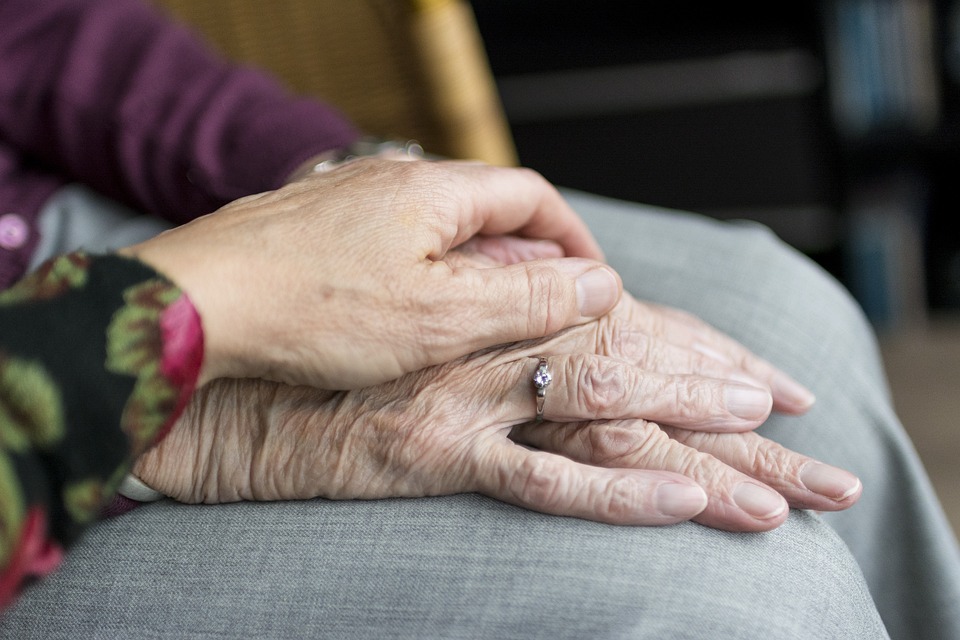La Trobe University and Phillipps-University of Marburg (Germany) scientists have discovered how a peptide called Apelin regulates blood vessel growth, opening new avenues of research for cancer treatment, organ regeneration, and tissue engineering.
The , published in Science Advances, revealed that when Apelin is produced by self-renewing stem cells in the nervous system called “neuro progenitor cells”, it regulated the signals to the body which coordinate how blood vessels grow.
La Trobe University researcher Dr Kazuhide Shaun Okuda, whose zebrafish research and imaging expertise played key roles in this study, said this discovery could open the way to develop new therapeutics which regulate blood vessel growth.
“Understanding how blood vessels develop could lead to new treatments to stop excessive blood vessel growth in diseases like cancer. It could also lead to treatments in settings where you need to promote blood vessel growth, such as for organ regeneration and in tissue engineering,” Dr Okuda said.
This is the first time neuro progenitor cell-derived Apelin, one of several “growth factor” peptides secreted by many different types of cells, has been shown to be directly responsible for blood vessel development.
They observed that Apelin stimulates and regulated new blood vessel growth.
The research team observed the blood vessel development in living zebrafish, which are transparent as embryos and while young.
Understanding how Apelin controls blood vessel development opens an important research pathway for cancer treatments, as the peptide could potentially be targeted to control the excessive blood vessel growth caused by the disease.
The discovery is also important for the burgeoning research areas of organ regeneration and tissue engineering, both of which need blood vessels to promote growth and deliver nutrients.
“There’s research that suggests that it can help with cardiac regeneration for example,” Dr Okuda said. This research collaboration was led by Professor Christian Helker at the Phillip-University of Marburg and the Centre for Mind, Brain and Behaviour, University of Marburg and Justus Liebig University Giessen. Link to paper: DOI: 10.1126/sciadv.adk1174








